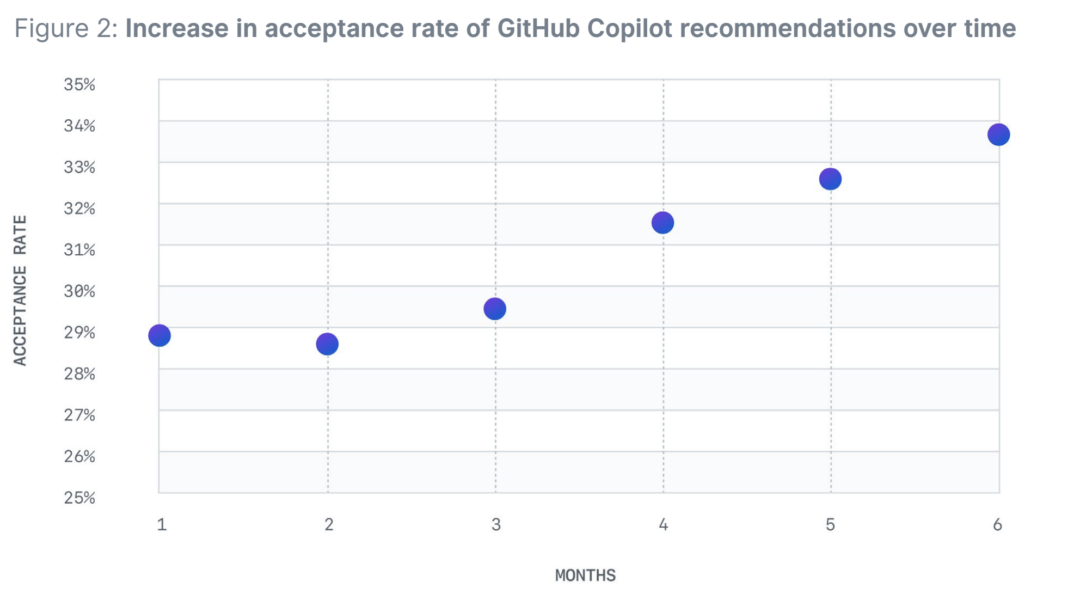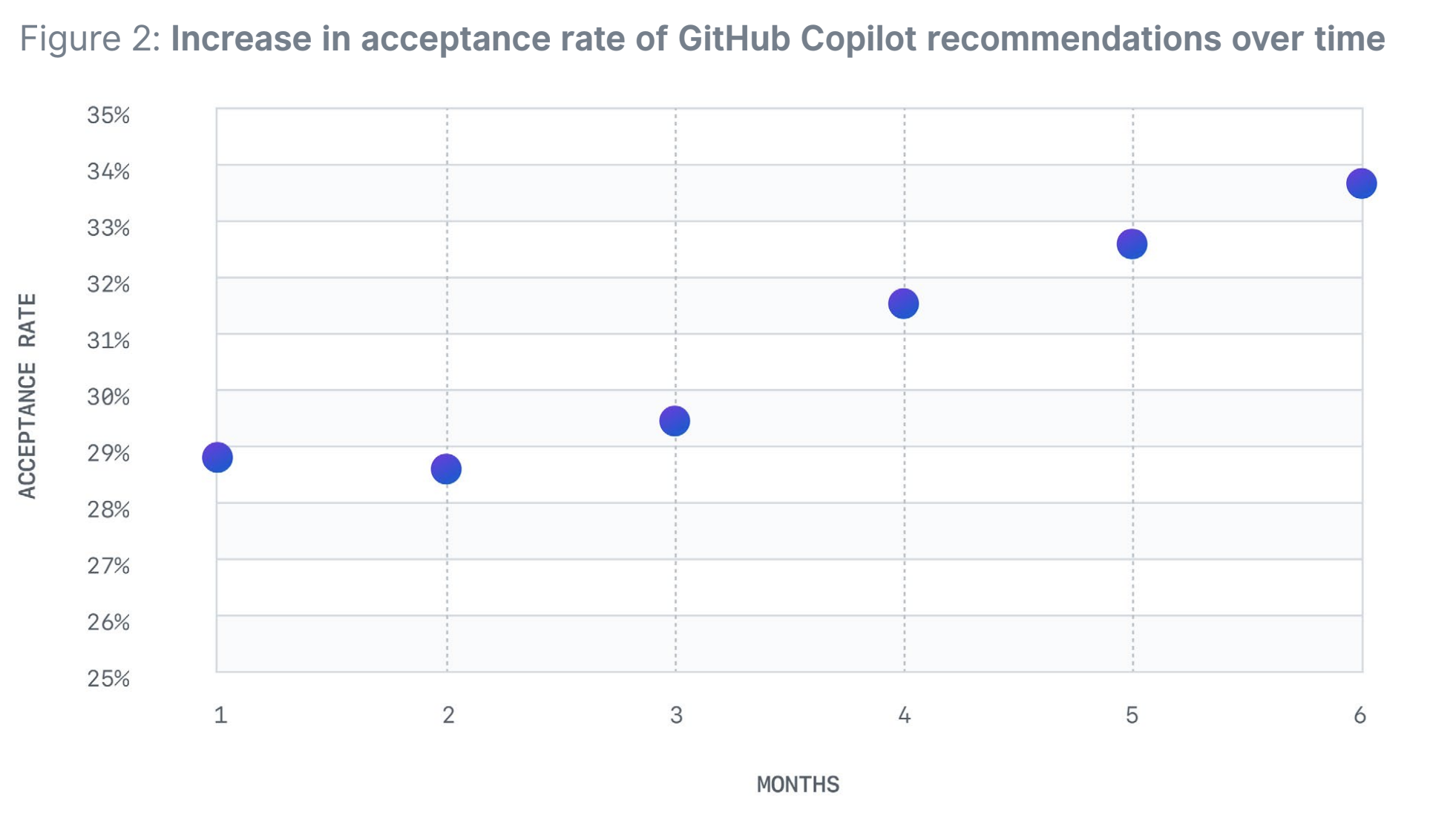“AI and software development are now inextricably linked for the rest of our lives,” GitHub CEO Thomas Dohmke said today during a presentation at the Collision conference in Toronto, Canada. “In a world eaten by software, every developer deserves a co-pilot.”
In an interview after his talk, Dohmke expanded on this a bit when I asked him if he believes every developer will be using AI in the near future. “I think the obvious answer to that one is that the FOMO in companies is already so big that they are looking at the competition and asking themselves if their competitor has already adapted [GitHub] Copilot — and that means that that competitor has — and doesn’t really matter if it’s 20%, 30% or 40% — that competitor has an advantage.”
On top of that, he believes there is really no disadvantage for developers to use a tool like Copilot. “It’s just so natural. There’s really no reason to not use Copilot,” he said. “I think it’s becoming part of the standard toolset that every developer will be using. Ultimately, developers not using it will exist, the same way Cobalt developers still exist.”
He also noted that tools like Copilot will get integrated across the development lifecycle.
GitHub’s Copilot was among the first AI-based code completion services and remains the most popular, even as the likes of AWS CodeWhisperer and, most recently, Google’s Bard-based competitors are seeing some adoption from developers as well. As part of Dohmke’s talk, GitHub today also announced some of its latest findings on how Copilot is being used by developers.
One number that hasn’t changed is that GitHub still says that, based on its analysis of a sample of almost one million users, developers accept just under 30% of code suggestions — and the longer they use it, the higher their acceptance rate, with developers accepting closer to 35% of suggestions after six months of use. Those numbers, Dohmke believes, won’t change all that drastically in the near future, though he noted that 50% would “make us happy.”
What’s maybe just as important is that Copilot is especially useful for less experienced developers (which GitHub defined by the average number of repository actions on GitHub prior to using Copilot).
“As developers continue to become fluent in prompting and interacting with AI, and new models that allow natural language to power the development lifecycle, we anticipate that 80% or more of code will be written with AI, helping democratize software development for more people,” GitHub’s report, co-written by Dohmke and Marco Iansiti and Greg Richards from Keystone.AI, explains.
Given the explosive growth in AI and the dearth of developers in this space, GitHub also notes that generative AI tools hold a lot of promise to make those developers more productive. The company expects that globally, generative AI-powered developer tools will add $1.5 trillion to the global GDP by 2030 and that each missing skilled developer will account for $100,000 in GDP loss. Meanwhile, generative AI developer tools can make up for about 15 million additional developers, GitHub believes (hence the $1.5 trillion in total impact). The company believes that’s a conservative estimate.





